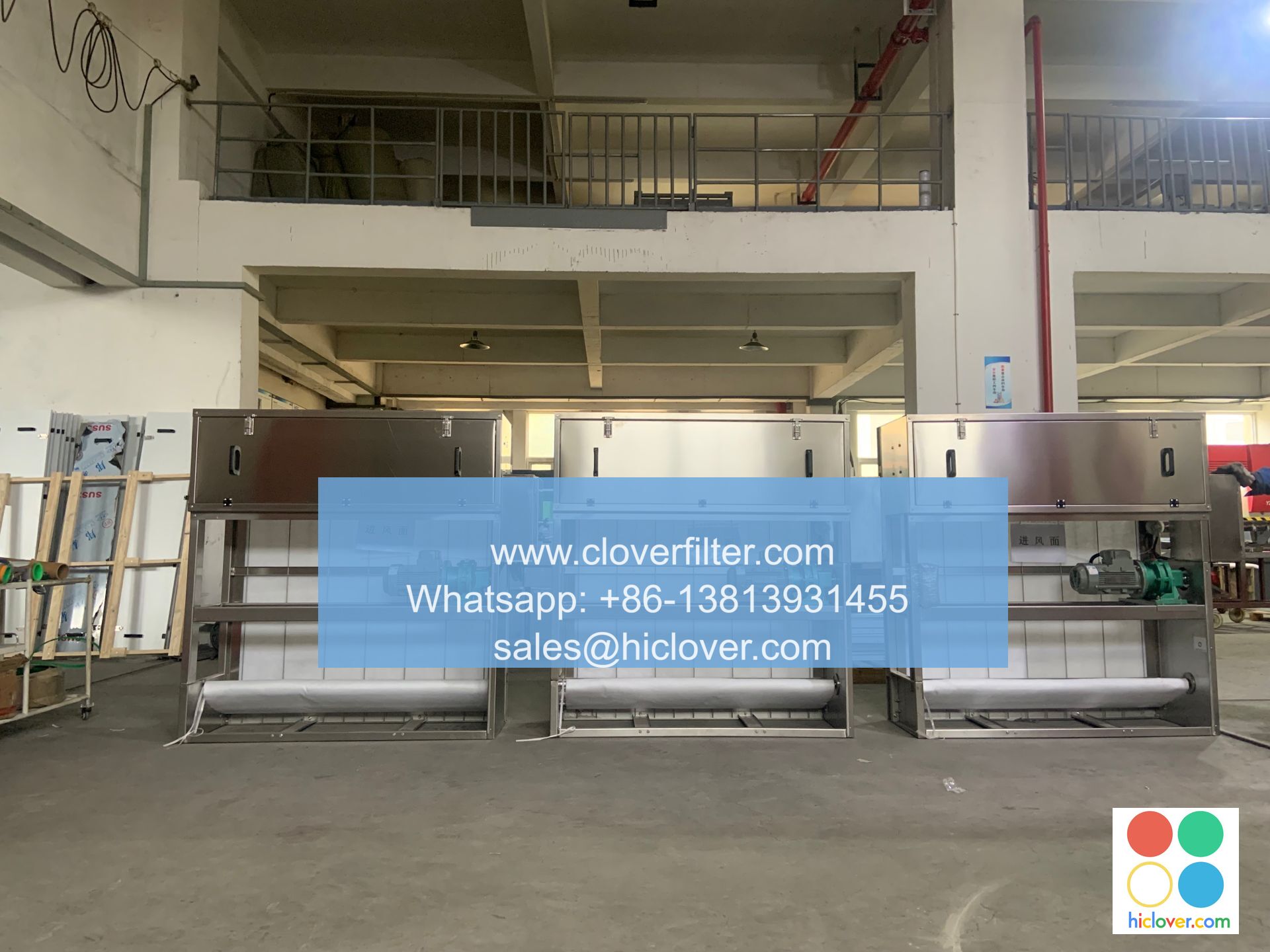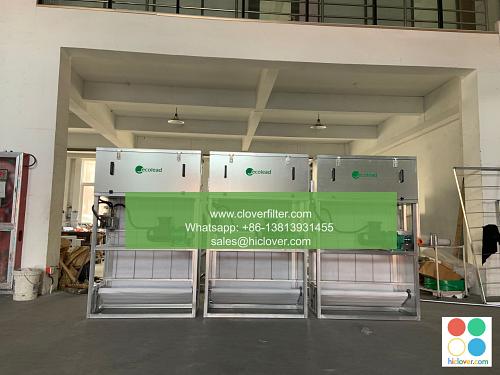Air Filter Replacement Intervals: A Documentation Guide for Facilities Managers

As a facilities manager, ensuring the proper maintenance of Heating, Ventilation, and Air Conditioning (HVAC) systems is crucial for maintaining good Indoor Air Quality (IAQ), reducing energy consumption, and prolonging the lifespan of equipment. One critical aspect of HVAC maintenance is air filter replacement. In this article, we will provide a comprehensive guide on air filter replacement intervals, highlighting various application areas, and emphasizing the importance of proper documentation.
Introduction to Air Filter Replacement
Air filters play a vital role in removing airborne pollutants, such as dust, pollen, and other particulate matter, from the air. Over time, these filters can become clogged, reducing their effectiveness and increasing the risk of equipment damage. Regular air filter replacement is essential to maintain optimal system performance, prevent downtime, and ensure a healthy indoor environment.
Factors Influencing Air Filter Replacement Intervals
Several factors can influence the frequency of air filter replacement, including:
* Air Quality Requirements: Facilities with sensitive equipment, such as data centers, hospitals, or laboratories, may require more frequent filter replacements to maintain high air quality standards.
* System Design and Configuration: The type and size of the HVAC system, as well as the layout of the facility, can impact filter replacement intervals.
* Occupancy and Usage Patterns: Facilities with high occupancy rates or variable usage patterns may require more frequent filter replacements.
* Environmental Conditions: Extreme temperatures, humidity, or pollution levels can affect filter performance and lifespan.
Application Areas for Air Filter Replacement
Air filter replacement is crucial in various application areas, including:
* Commercial Buildings: Office buildings, shopping centers, and hotels require regular filter replacements to maintain a healthy indoor environment and ensure system efficiency.
* Industrial Facilities: Manufacturing plants, warehouses, and industrial processes require frequent filter replacements to prevent equipment damage and maintain product quality.
* Healthcare Facilities: Hospitals, clinics, and laboratories require strict air quality control, making regular filter replacements essential.
* Data Centers and IT Facilities: These facilities require high air quality standards to prevent equipment damage and ensure reliable operation.
Documentation and Record-Keeping
Proper documentation and record-keeping are essential for ensuring that air filter replacement intervals are adhered to. Facilities managers should maintain detailed records of:
* Filter Installation Dates
* Replacement Intervals
* Filter Types and Specifications
* Maintenance and Inspection Schedules
* System Performance and Energy Consumption Data
By maintaining accurate and up-to-date records, facilities managers can ensure that air filter replacement intervals are optimized, and system performance is maintained.
Best Practices for Air Filter Replacement
To ensure effective air filter replacement, facilities managers should follow these best practices:
* Develop a Scheduled Maintenance Program: Regularly scheduled maintenance can help prevent unexpected downtime and ensure system efficiency.
* Monitor System Performance: Regularly monitor system performance and energy consumption to identify potential issues.
* Choose the Right Filter Type: Select filters that meet the specific needs of the facility and system.
* Train Maintenance Personnel: Ensure that maintenance personnel are trained to properly install and replace air filters.
By following these guidelines and best practices, facilities managers can ensure that air filter replacement intervals are optimized, and system performance is maintained. Proper documentation and record-keeping are essential for ensuring that air filter replacement intervals are adhered to, and system efficiency is maintained. It seems like you haven’t provided a specific question or topic for me to address. Could you please provide more context or clarify what you would like to discuss? I’m here to help with any questions or topics you’d like to explore.

